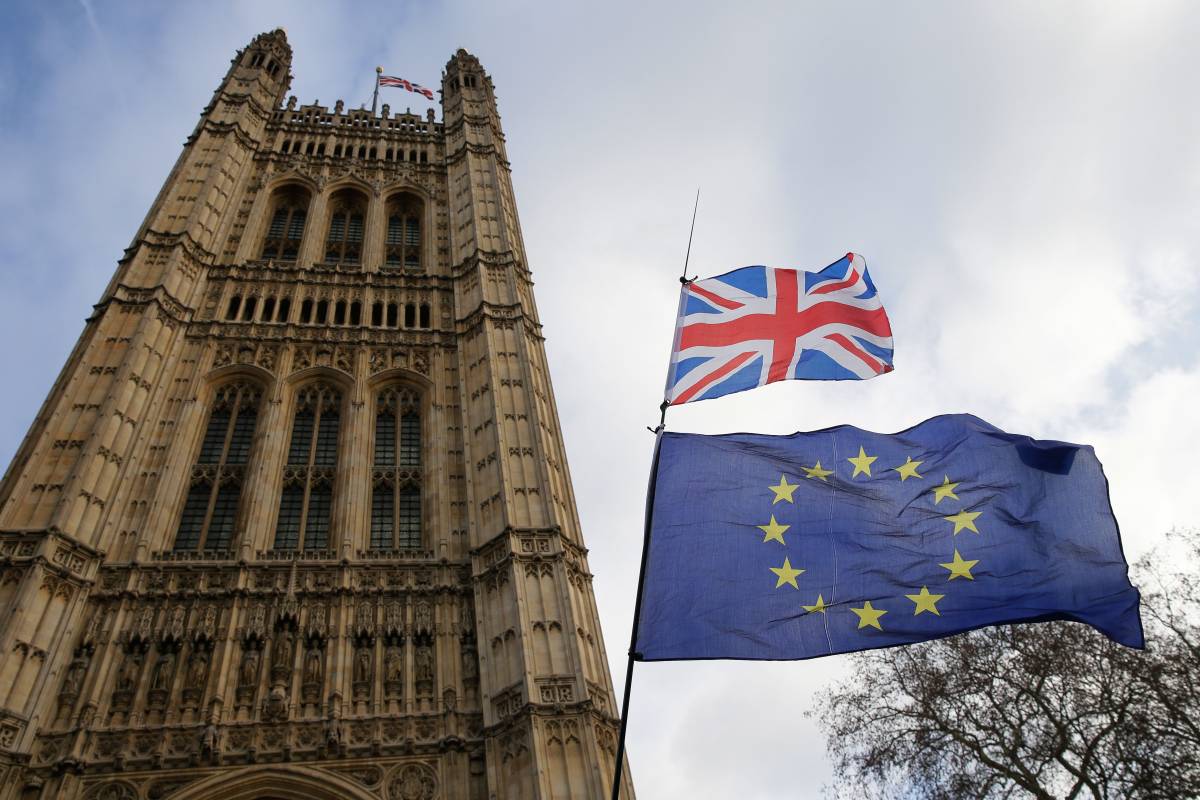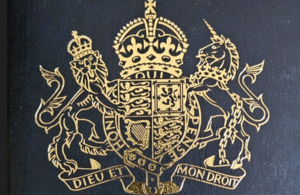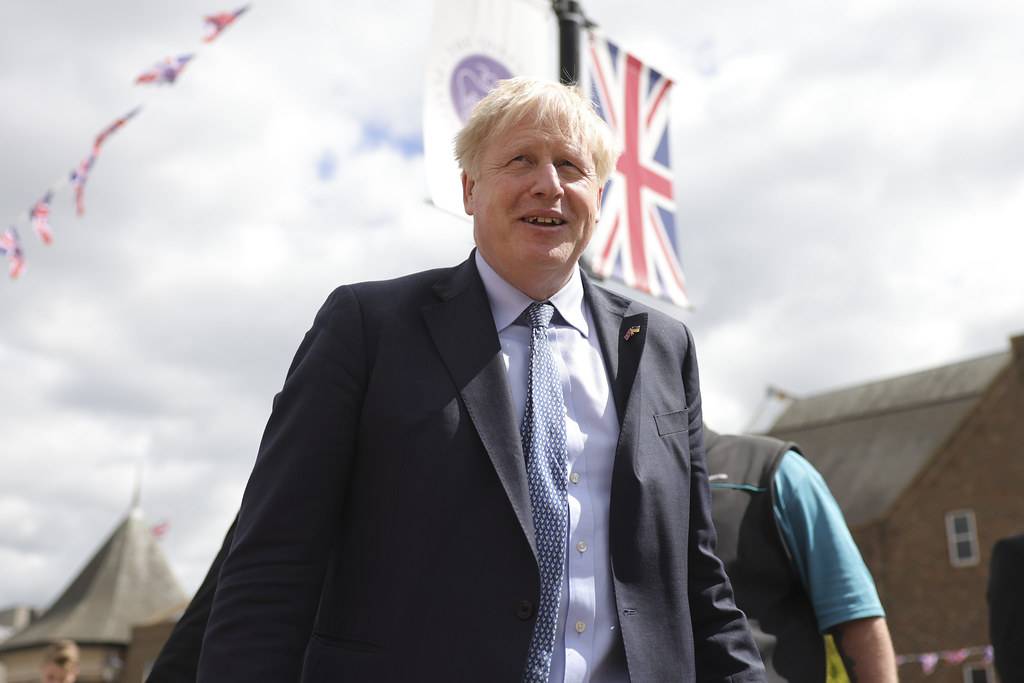The legislation will also grant rights to Ulster Scots, another minority language…reports Asian Lite News
The government has introduced legislation to protect the Irish language in Northern Ireland for the first time.
The UK’s main representative in Northern Ireland said last week’s development was a “significant milestone” in what has been a long and tumultuous journey.
Irish, sometimes known as Gaelic, is indigenous to the island of Ireland and was the population’s primary language until the 19th century. Its use was widely suppressed and gradually declined during British rule.
Irish became an official language in the Republic of Ireland after independence in the 1920s, but remained marginalised in Northern Ireland.
While historically spoken by all sections of society, the language has also been tied to Irish nationalism and republicanism – both by its defenders and detractors.
Long-promised commitments for recognition have been blocked or stalled for decades, in large part due to opposition and hostility from Northern Ireland’s pro-British unionist parties.
The legislation will also grant rights to Ulster Scots, another minority language.
Ciarán Mac Giolla Bhéin, advocacy campaigns officer with Conradh na Gaeilge, said the legislation was “a historic achievement” for Irish language rights campaigners.
“For the very first time in the history of this state, a state which was designed to exclude Irish identity and Irish language in particular, we have secured official status for Irish,” he told Al Jazeera.
While noting that legislation falls short of previous commitments, he said it has the potential to transform public attitudes towards the language, as well as provide better service provision for Irish speakers and those raising their families through Irish.
Among other measures, it will repeal a 285-year-old law introduced to prevent the use of Irish in courts, at a time when it was the population’s primary language.
The Irish language campaign has moved the issue from the political wilderness in 2016 to a dominant issue in Northern Ireland in just a few years.
The issue managed to stay in the spotlight and became a significant stumbling block to the restoration of a power-sharing government in Northern Ireland between 2017 and 2020.
Mac Giolla Bhéin said the success “demonstrates the power of ordinary citizens to use their agency to effect major political change”.
He added that the Irish-language rights movement in Northern Ireland has “bucked a trend in how language revival is meant to work, and more often than not in areas which are suffering some of the highest levels of social and economic deprivation”, such as West Belfast, Londonderry, also known as Derry, and Strabane.
Deirdre Dunlevy, lecturer in applied linguistics and an expert on minority languages at the University of Limerick, said that legal protection of a language can help remove it from the domain of confrontational party politics and the personal preferences of individual ministers.
Other minority languages, such as Welsh and Scots Gaelic, have long had recognition in other parts of the UK.
In Northern Ireland, less than four percent of the population is fluent in Irish, according to the 2011 census, and campaigners hope official status will help it grow.
Arguments about why Northern Ireland should not have such legislation are often based on misconceptions, Dunlevy added.
“People have had this idea that Irish will be forced upon them, or become compulsory for anyone working in public service or education. Those ideas that have been put out there by some, they are not founded on anything real. There is also a fear of the unknown”, Dunlevy said.
While many from the Catholic part of society would have learned Irish in school, it is much rarer for those from Protestant backgrounds.
“We have to remember, a lot of people in Northern Ireland would never have had access to the language,” Dunlevy said.
ALSO READ-Is Boris running out of time?














